How Much Does A Car Accident Lawyer Cost?
 Every year, millions of Americans are involved in car accidents and suffer devastating injuries or worse. Victims who are fortunate enough to survive severe collisions may need weeks or even months to recover. Instead of being able to earn a living, crash victims may be incapacitated or in too much pain to work. Even with the best medical insurance policy, hospital bills and other medical expenses can quickly pile up. Consequently, far too many car accident victims find themselves in demoralizing psychological, physical, and financial circumstances.
Every year, millions of Americans are involved in car accidents and suffer devastating injuries or worse. Victims who are fortunate enough to survive severe collisions may need weeks or even months to recover. Instead of being able to earn a living, crash victims may be incapacitated or in too much pain to work. Even with the best medical insurance policy, hospital bills and other medical expenses can quickly pile up. Consequently, far too many car accident victims find themselves in demoralizing psychological, physical, and financial circumstances.
At the Dietrich Law Firm P.C., our battle-tested car accident attorneys realize that pursuing a personal injury claim against the at-fault driver may be the only way to begin your road to recovery. Jed Dietrich, Esq. believes every accident victim deserves highly skilled legal representation. The last thing that any car crash victim should worry about is paying a lawyer to fight their case.
The Dietrich Law Firm P.C.’s Lawyers Work On A Contingency Fee Basis
 Buffalo Personal Injury Lawyer News
Buffalo Personal Injury Lawyer News


 Unfortunately, car accidents are a fact of driving. According to the Bureau of Labor Statistics, a car accident occurs approximately every 13 minutes nationwide. In a single recent year alone, there were over 6 million crashes. This goes to show that even with all the modern-day regulations and advanced technology that make roads safer, collisions continue to be a primary cause of death and severe injuries in the United States.
Unfortunately, car accidents are a fact of driving. According to the Bureau of Labor Statistics, a car accident occurs approximately every 13 minutes nationwide. In a single recent year alone, there were over 6 million crashes. This goes to show that even with all the modern-day regulations and advanced technology that make roads safer, collisions continue to be a primary cause of death and severe injuries in the United States.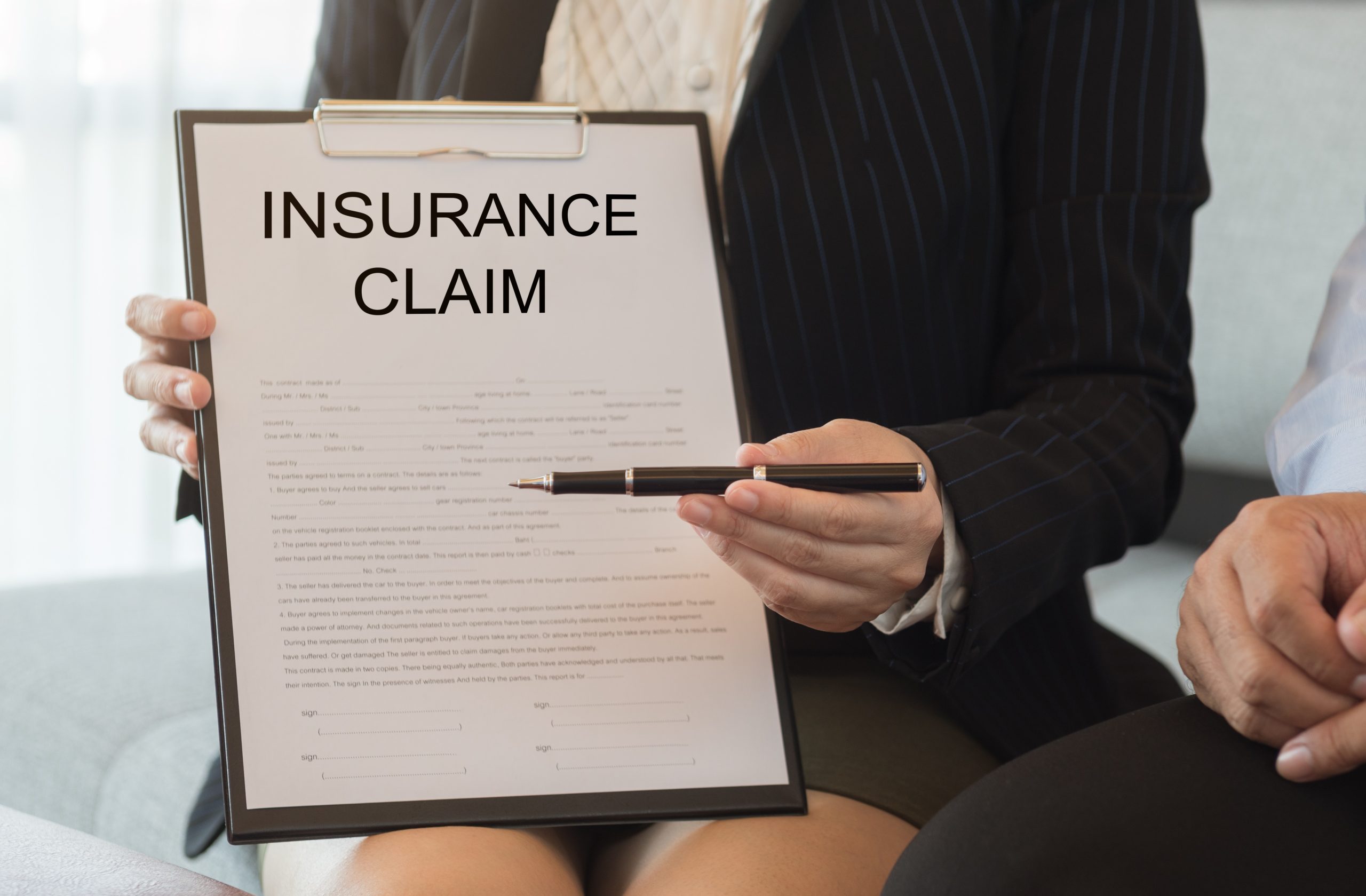 Suppose that you got into a car accident that was not your fault, and you sustained some unfortunate injuries. You are likely feeling highly stressed and overwhelmed. Filing an insurance claim is one of the most critical steps toward obtaining compensation for medical expenses, repair shop costs, missed work, and other damages.
Suppose that you got into a car accident that was not your fault, and you sustained some unfortunate injuries. You are likely feeling highly stressed and overwhelmed. Filing an insurance claim is one of the most critical steps toward obtaining compensation for medical expenses, repair shop costs, missed work, and other damages.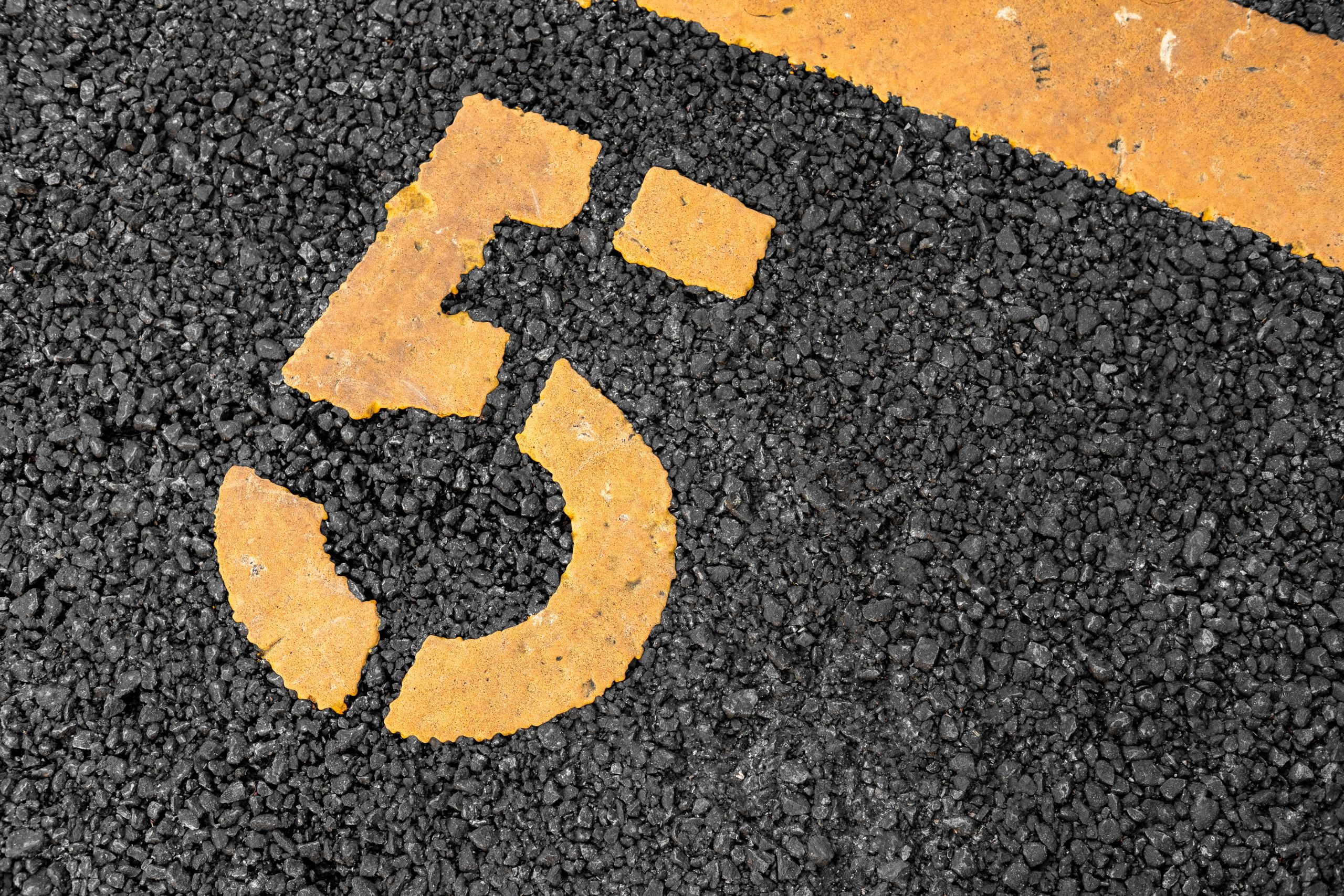 According to statistics released by the National Highway Traffic Safety Administration (NHTSA), in a recent year alone, approximately 2.74 million victims suffered severe crash-related injuries. Even minor collisions can have grave and lifelong consequences for victims. At the Dietrich Law Firm P.C., our veteran car accident attorneys understand the profound impact that crash-related injuries can have on victims and, ultimately, their loved ones. Being mindful of the most common car accident injuries can help you be prepared to take the proper steps after your crash.
According to statistics released by the National Highway Traffic Safety Administration (NHTSA), in a recent year alone, approximately 2.74 million victims suffered severe crash-related injuries. Even minor collisions can have grave and lifelong consequences for victims. At the Dietrich Law Firm P.C., our veteran car accident attorneys understand the profound impact that crash-related injuries can have on victims and, ultimately, their loved ones. Being mindful of the most common car accident injuries can help you be prepared to take the proper steps after your crash.  Anything that takes a driver’s attention away from the road is considered a distraction. Updating social media, talking on a cell phone, reading emails, eating or drinking, and even daydreaming are just a few examples of distracted driving. Every distraction has the potential to endanger you, your passengers, and everyone else in your vicinity. According to the National Highway Traffic Safety Administration (NHTSA), roughly 20 percent of distracted driver fatalities involve victims who were not in vehicles, such as pedestrians, rollerbladers, and cyclists.
Anything that takes a driver’s attention away from the road is considered a distraction. Updating social media, talking on a cell phone, reading emails, eating or drinking, and even daydreaming are just a few examples of distracted driving. Every distraction has the potential to endanger you, your passengers, and everyone else in your vicinity. According to the National Highway Traffic Safety Administration (NHTSA), roughly 20 percent of distracted driver fatalities involve victims who were not in vehicles, such as pedestrians, rollerbladers, and cyclists. Walking is a great way to get around and get some exercise in the process. Pedestrians can help reduce their carbon footprint while enjoying some fresh air. No wonder walking has become increasingly popular in recent times. However, if you prefer walking, being aware of the risks of being involved in a pedestrian accident is crucial. According to the National Highway Traffic Safety Administration (NHTSA), in a recent year alone, there were roughly 6,300 pedestrians killed in traffic-related accidents. When on foot, you are approximately 1.5 times more susceptible to being fatally injured in an accident than car occupants.
Walking is a great way to get around and get some exercise in the process. Pedestrians can help reduce their carbon footprint while enjoying some fresh air. No wonder walking has become increasingly popular in recent times. However, if you prefer walking, being aware of the risks of being involved in a pedestrian accident is crucial. According to the National Highway Traffic Safety Administration (NHTSA), in a recent year alone, there were roughly 6,300 pedestrians killed in traffic-related accidents. When on foot, you are approximately 1.5 times more susceptible to being fatally injured in an accident than car occupants. 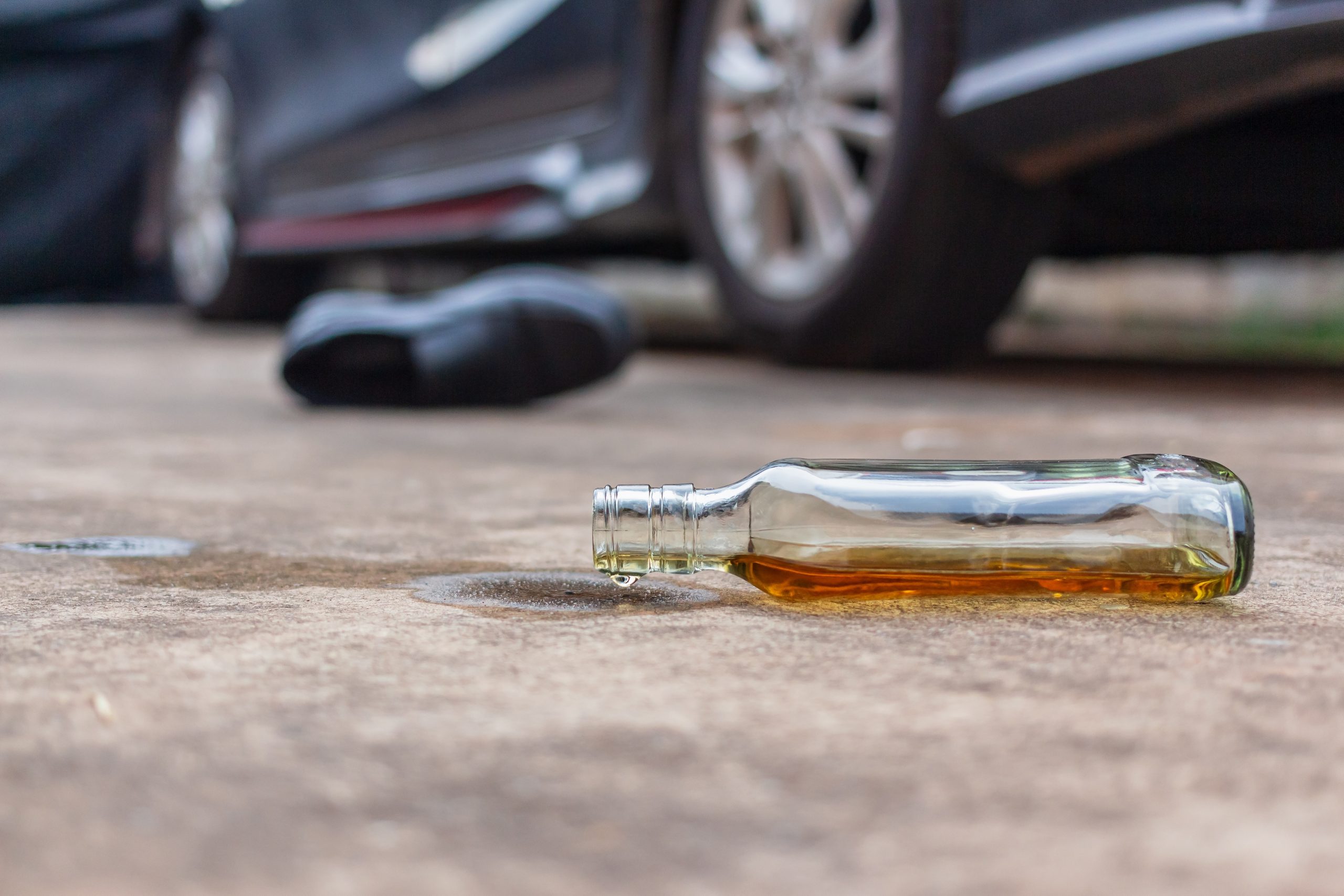 There is no denying that getting behind the wheel after even a few drinks can be fatal. However, accidents caused by drunk drivers continue to happen at an alarming rate all across the United States. Over 30 percent of all crash-related deaths throughout the country involve drunk drivers. In a recent year alone, 13,384 victims tragically lost their lives in these preventable collisions. That’s approximately one victim killed in a drunk-driving accident every 39 minutes. Fortunately, not every crash caused by a drunk driver results in death. Still, the injuries you sustain may be devastating and life-altering.
There is no denying that getting behind the wheel after even a few drinks can be fatal. However, accidents caused by drunk drivers continue to happen at an alarming rate all across the United States. Over 30 percent of all crash-related deaths throughout the country involve drunk drivers. In a recent year alone, 13,384 victims tragically lost their lives in these preventable collisions. That’s approximately one victim killed in a drunk-driving accident every 39 minutes. Fortunately, not every crash caused by a drunk driver results in death. Still, the injuries you sustain may be devastating and life-altering. 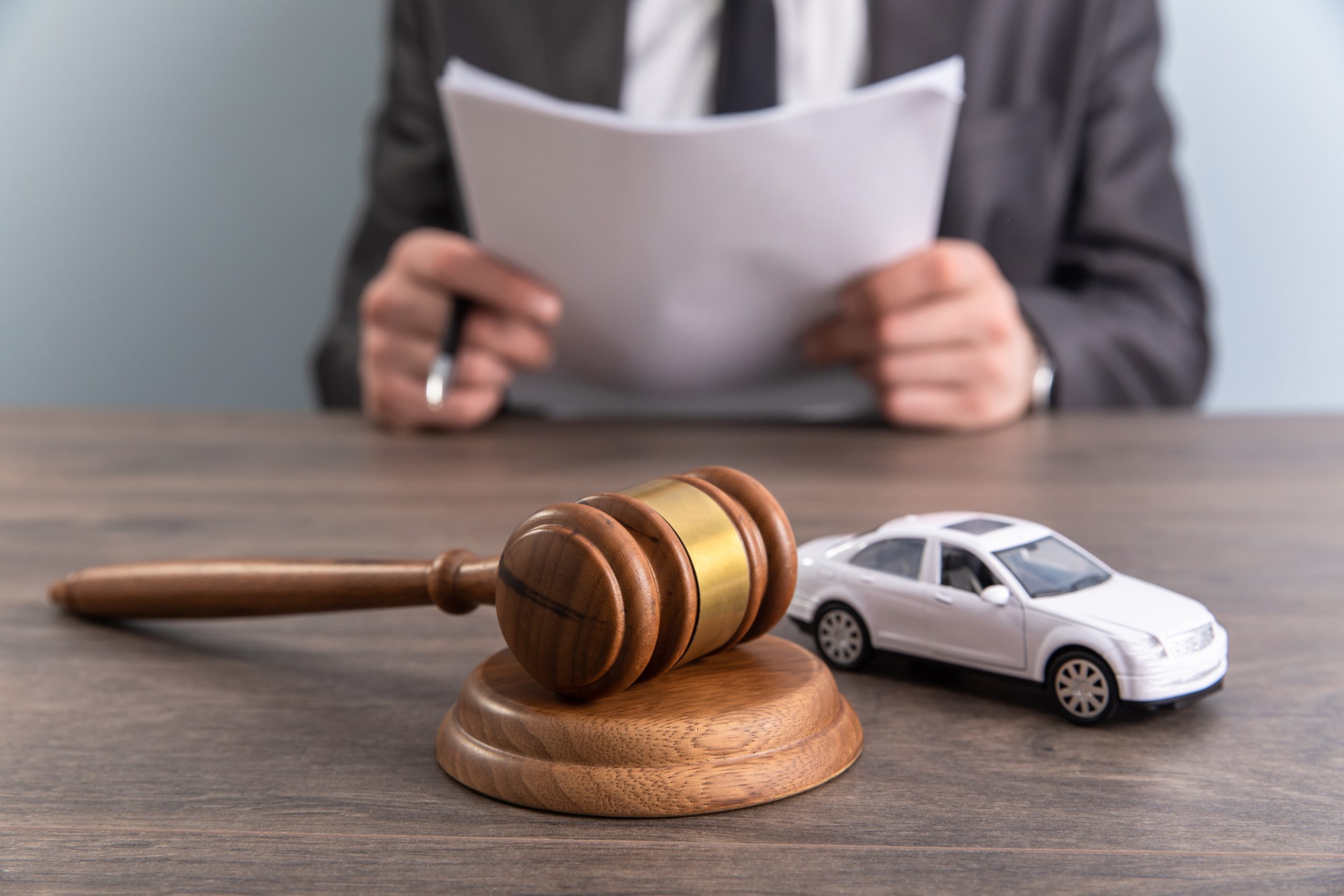 Car accidents can result in devastating injuries, demolished vehicles, costlier car insurance premiums, intense emotional pain, and even wrongful death. The trauma of collisions often extends far beyond the incident itself. The financial consequences resulting from severe injuries and the accompanying medical bills, lost income, and damage to your car can create excessive hardship for you and your family.
Car accidents can result in devastating injuries, demolished vehicles, costlier car insurance premiums, intense emotional pain, and even wrongful death. The trauma of collisions often extends far beyond the incident itself. The financial consequences resulting from severe injuries and the accompanying medical bills, lost income, and damage to your car can create excessive hardship for you and your family. 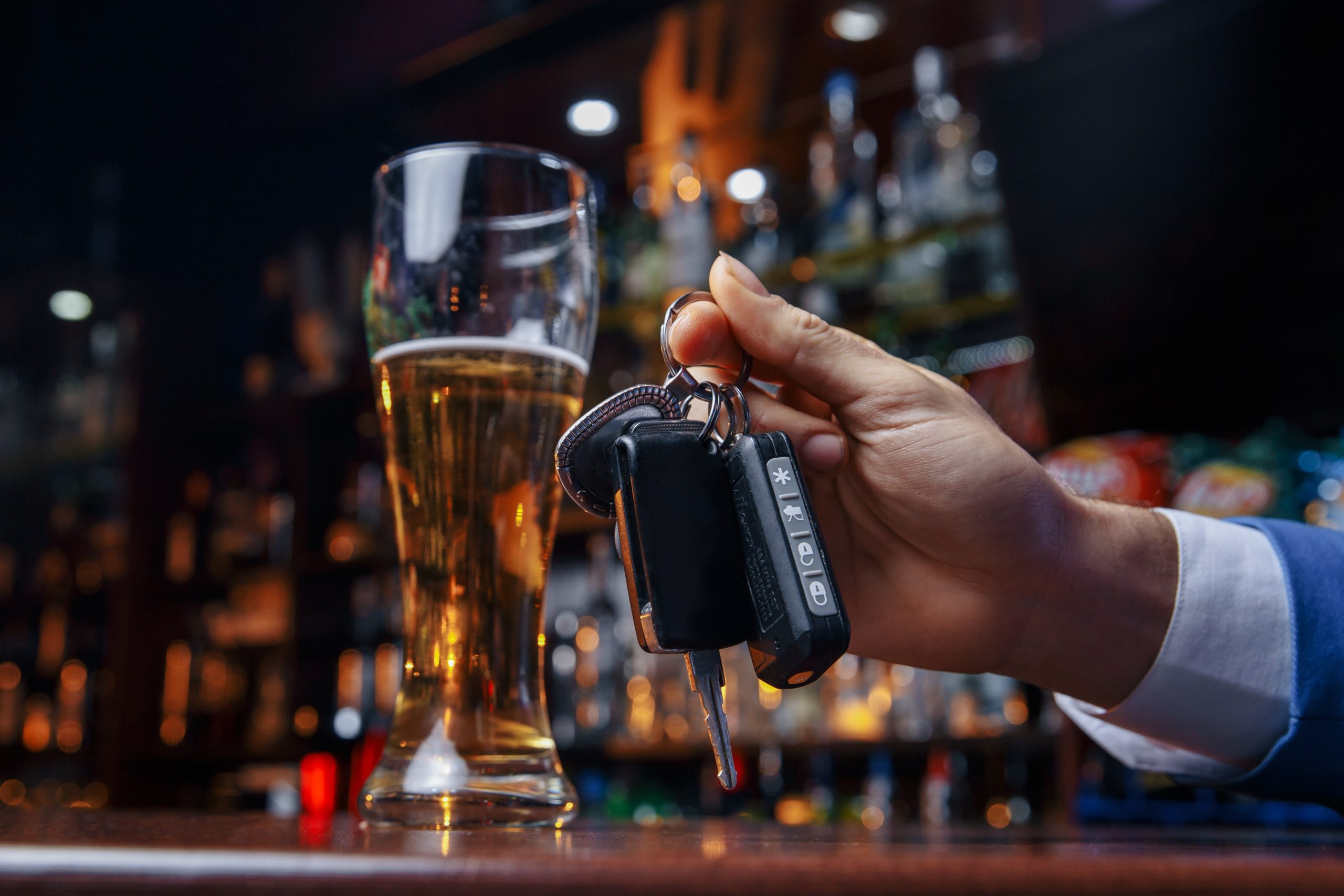 In New York State, driving while intoxicated is a serious crime, and DWI laws are strictly enforced. Alcohol can start impacting your motor skills and impair driving skills with a blood alcohol content as low as 0.01. Consequently, even if your BAC is below the legal limit, driving with even a small amount of alcohol in your system can still be extremely dangerous.
In New York State, driving while intoxicated is a serious crime, and DWI laws are strictly enforced. Alcohol can start impacting your motor skills and impair driving skills with a blood alcohol content as low as 0.01. Consequently, even if your BAC is below the legal limit, driving with even a small amount of alcohol in your system can still be extremely dangerous.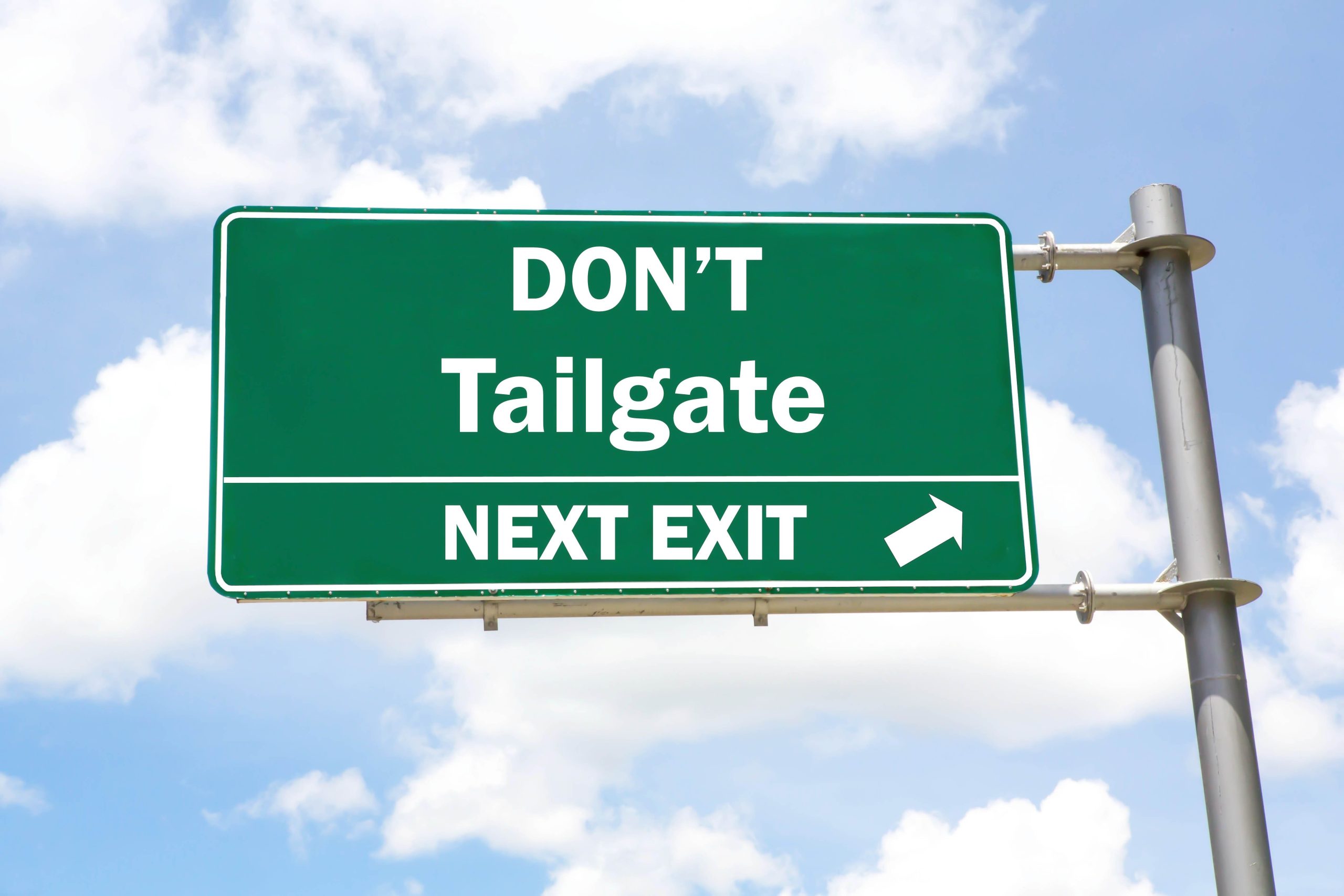 If you or a loved one were involved in a car accident, there is a one-in-three chance it was a rear-end collision. According to the National Highway Traffic Safety Administration (NHTSA), rear-enders account for over 32 percent of all car accidents. While many of these accidents occur at low speeds, rear-end collisions still cause severe injuries and deaths.
If you or a loved one were involved in a car accident, there is a one-in-three chance it was a rear-end collision. According to the National Highway Traffic Safety Administration (NHTSA), rear-enders account for over 32 percent of all car accidents. While many of these accidents occur at low speeds, rear-end collisions still cause severe injuries and deaths.